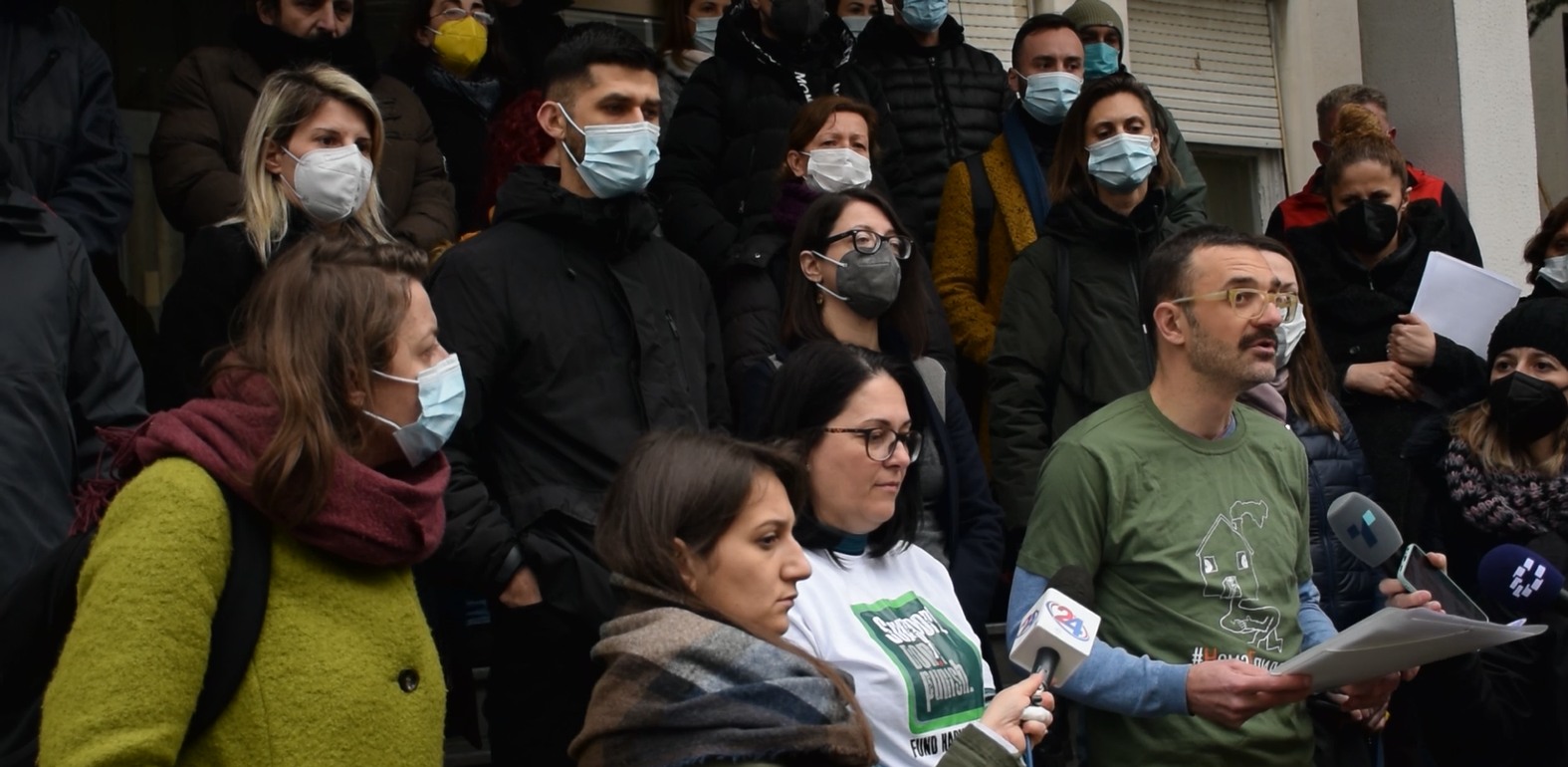From the HOPS webpage and the Radio MOF news
The Association HOPS – Options for Healthy Life Skopje announced that yesterday, on World Health Day, and in just a day before today’s International Roma Day, after 15 years of existence, they had to close the daily harm reduction center Šuto Orizari – a Skopje suburban municipality with a Muslim Romani people majority.
They point out that the reason for closing the day center is the reduction of funds for HIV prevention programs from the national budget.
 “This center opened in 2007, with funds from the Global Fund, and from then until yesterday was the only place where Roma who use drugs and their families had easy access to all services that provide HIV prevention, but also harm reduction from drug use. In this center our customers received basic (and often unique) medical care, received information and support for their social and legal problems, could wash their clothes, warm themselves in winter, eat when they are hungry, drink coffee or tea in a friendly, non-stigmatizing and non-discriminatory atmosphere,” said HOPS.
“This center opened in 2007, with funds from the Global Fund, and from then until yesterday was the only place where Roma who use drugs and their families had easy access to all services that provide HIV prevention, but also harm reduction from drug use. In this center our customers received basic (and often unique) medical care, received information and support for their social and legal problems, could wash their clothes, warm themselves in winter, eat when they are hungry, drink coffee or tea in a friendly, non-stigmatizing and non-discriminatory atmosphere,” said HOPS.
During the coronavirus pandemic, HOPS managed harm reduction centre was one only contact with the system drug users and their families in Šuto Orizari had.
“When they were isolated and had no therapy, when they had health problems, when they survived all forms of violence, including gender-based violence, when they were given criminal warrants for violating curfew because they went out to find food, goods or therapy – they only received help from our team,” states HOPS. In addition, they say that access to health services, which has already been difficult for these people, has multiplied during the pandemic.
The association says that although in 2017 with the transition of funding from the Global Fund of the Government they merged two other centers, just to keep the center in Šuto Orizari. Now, as they say, they have been put in a position to close the busiest and most visited center in Kisela Voda or to close the “much needed” center in Šuto Orizari.
“From today, the lives of people who use drugs in Šuto Orizari and the surrounding area will not be the same, but HOPS will do its best within its financial means to continue its activities for prevention of HIV and other infectious diseases.” said HOPS.
At the same time, they announced that three times a week, their field team consisting of a social worker and a field worker will visit the users in their homes, dwellings or temporary residences, and that twice a week a medical person will visit them with their vehicle.

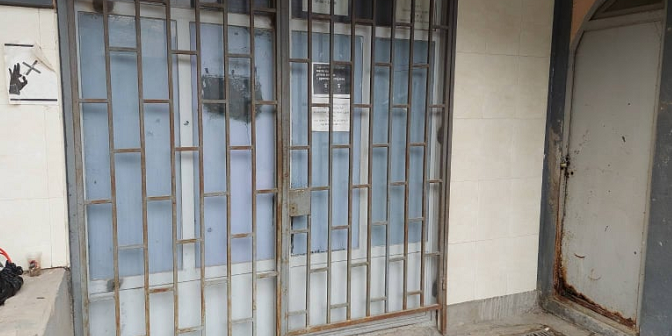
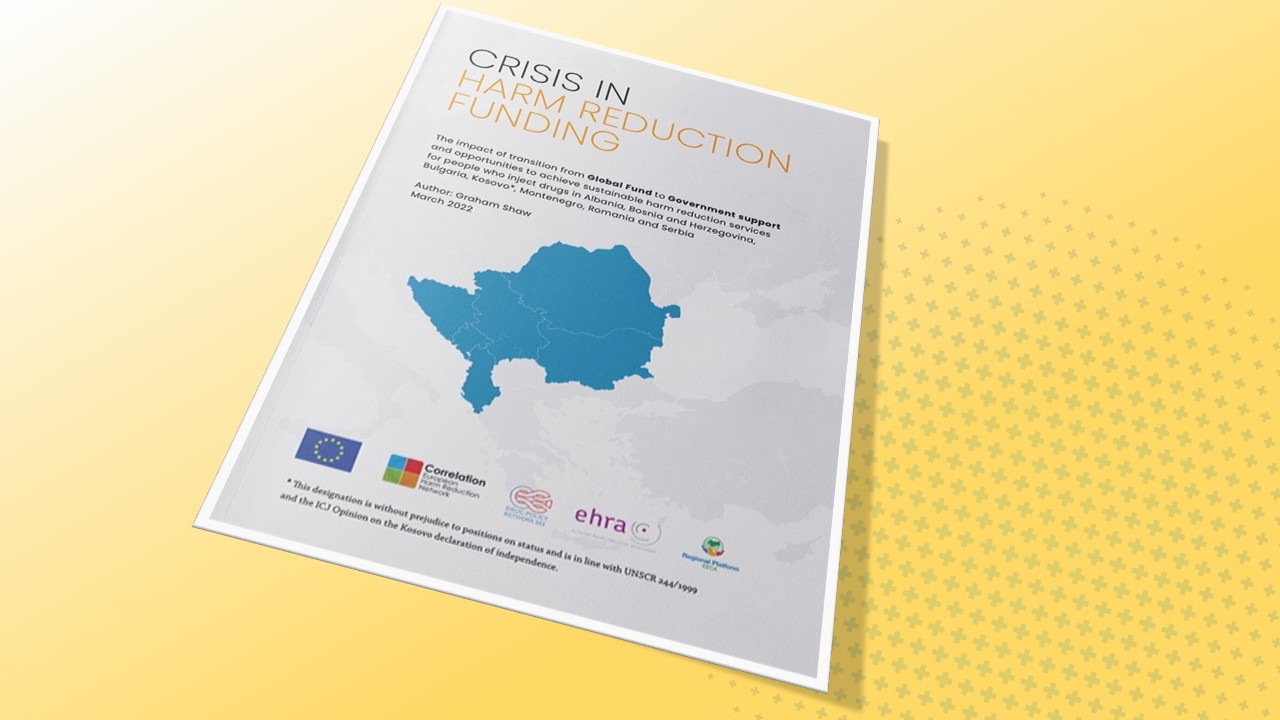




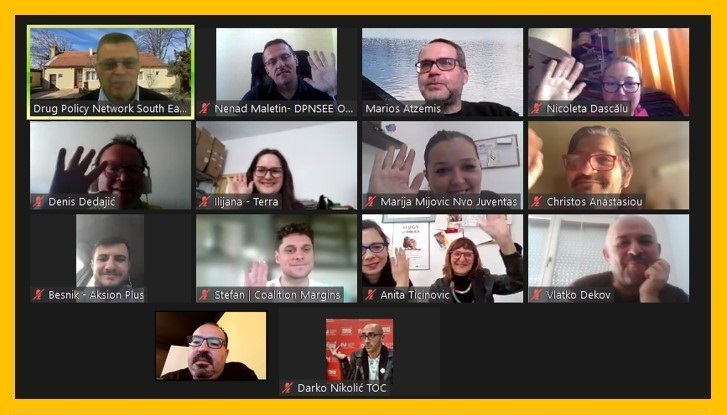



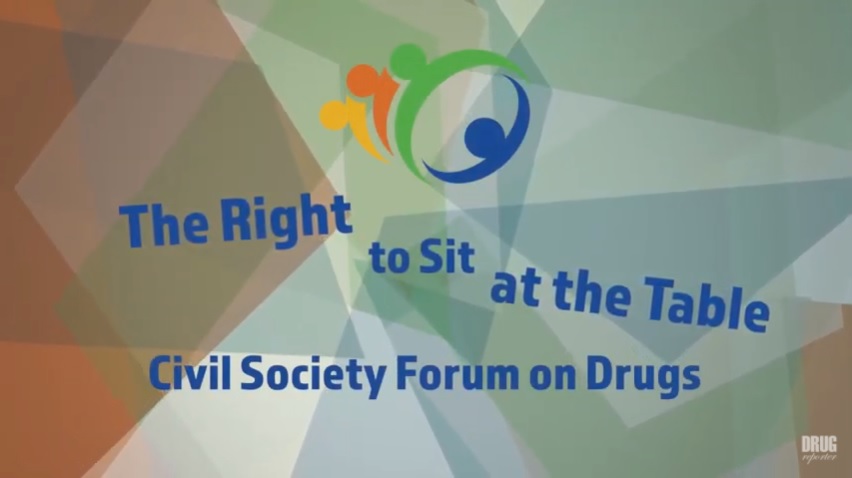
 The Civil Society Forum on Drugs (
The Civil Society Forum on Drugs (
 To read report,
To read report, 


